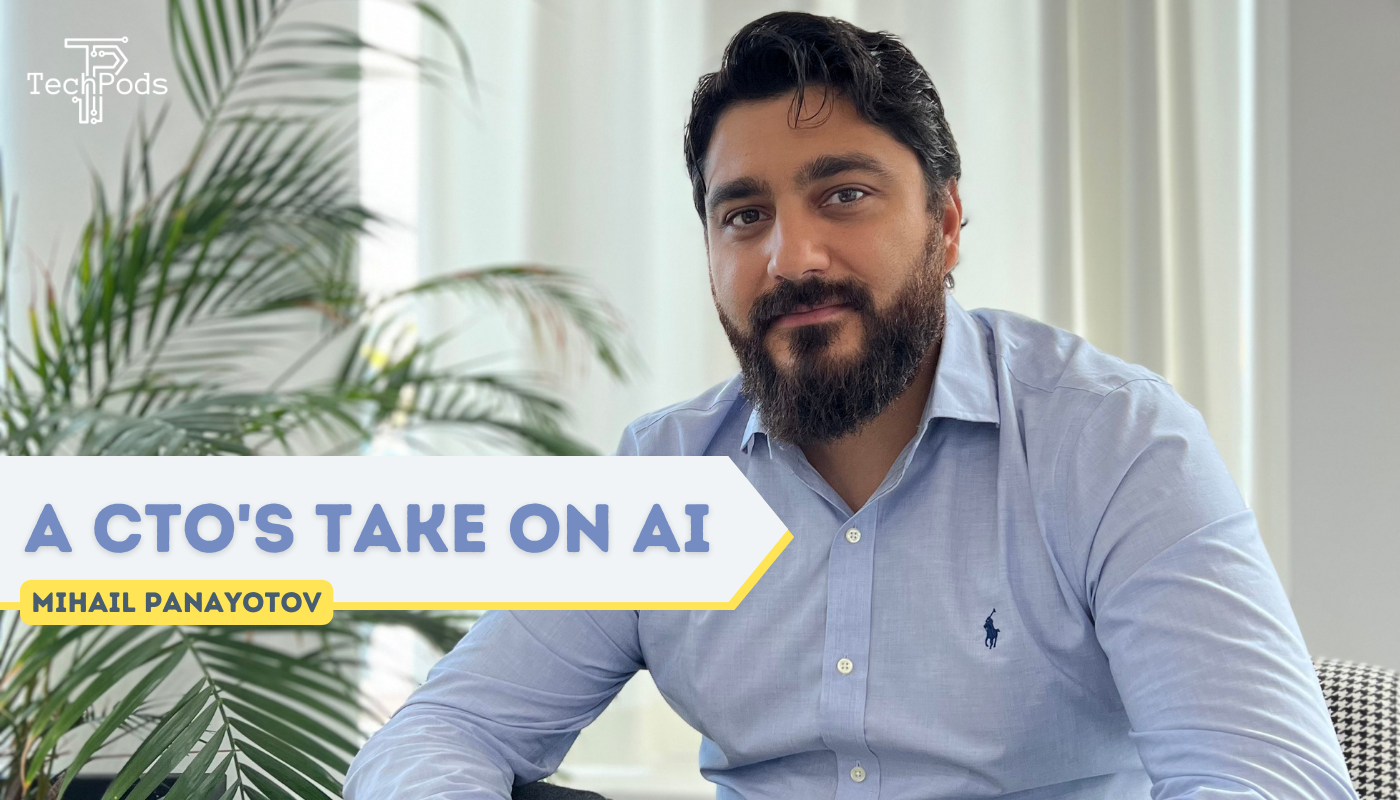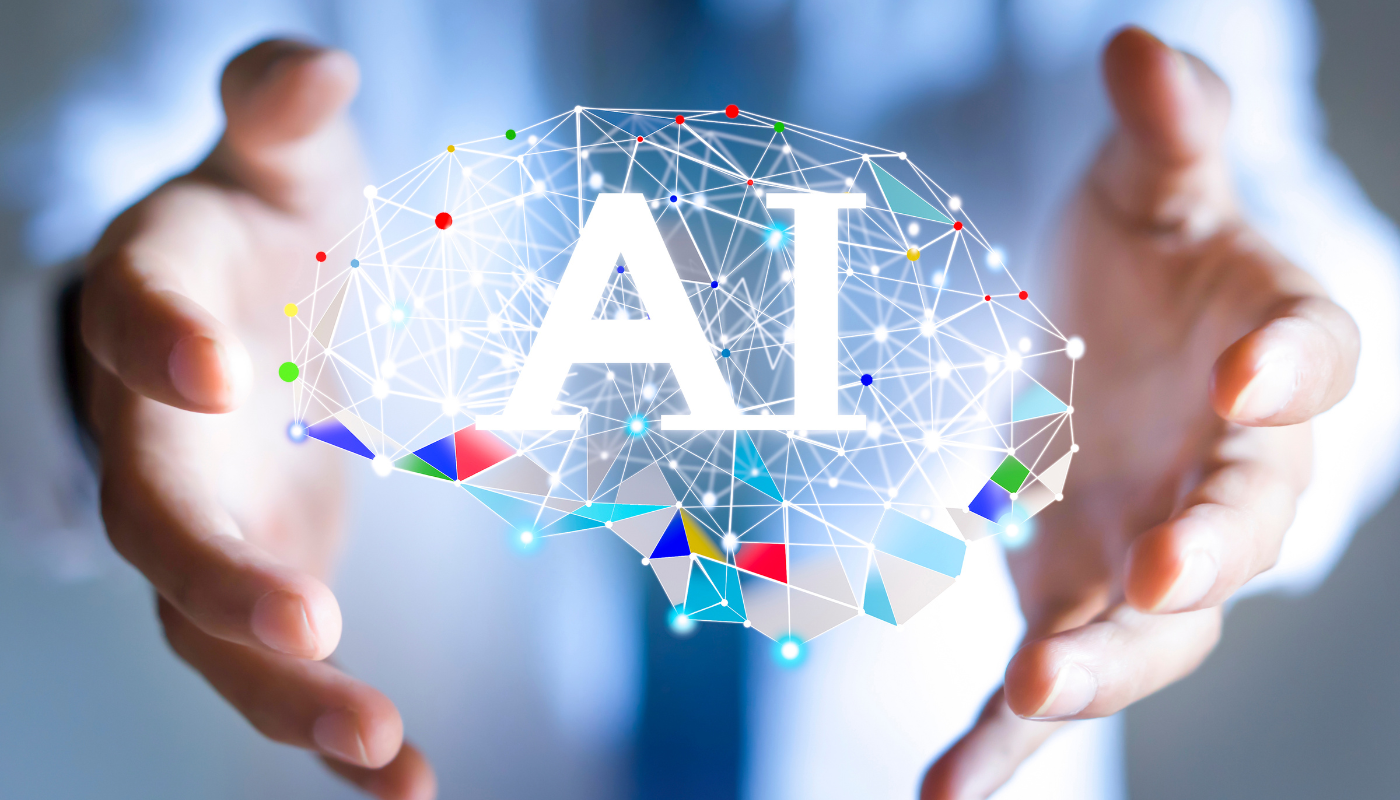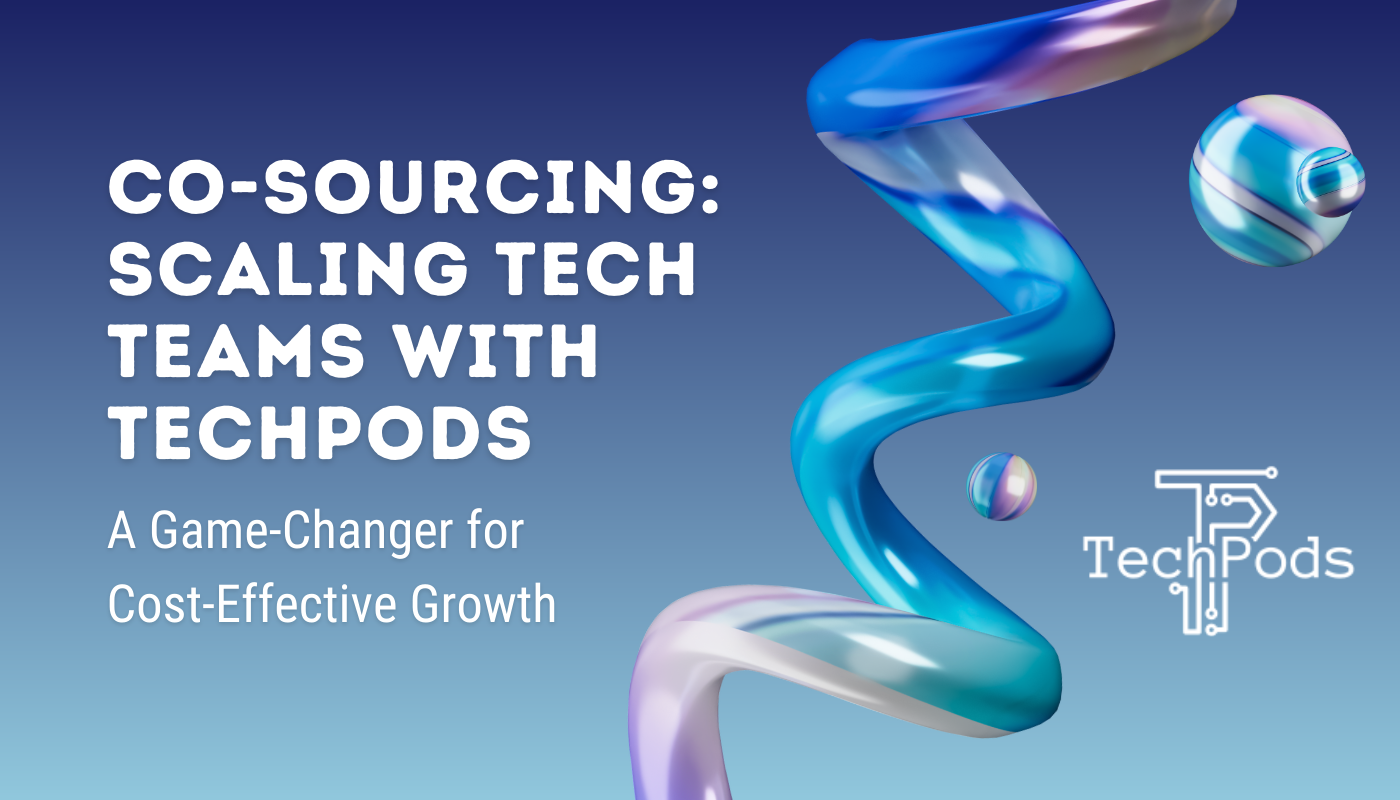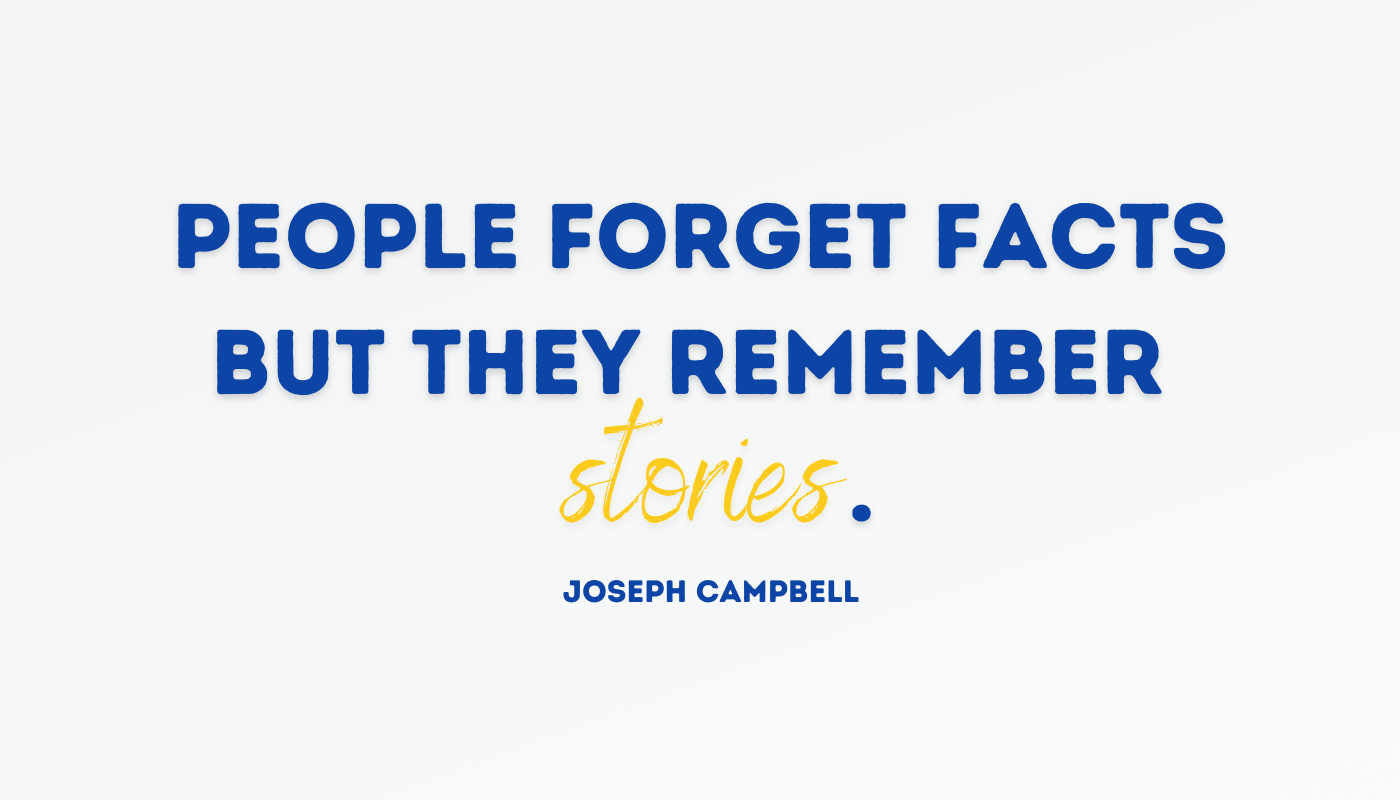A CTO's take on AI

ChatGPT was the beginning.
ChatGPT is a truly impressive product that is already changing business reality at an alarming rate, all through just a highly limited web interface. However, its API interface was just opened to third parties, which now allows businesses and entrepreneurs to incorporate the bot into their products.
The possibilities that open up are unlimited. For example, imagine a 3D printer manufacturer launching a new model with Amazon Alexa and ChatGPT integration. You call: Alexa, tell my 3D printer to build a modern photo frame 15 by 10 centimeters with a heart shape in the upper right corner, the Alexa application sends this text to the ChatGPT interface, and the bot directly returns a G-Code ready for printing. And you have a gift for Valentine's Day. Very soon such types of products could be on store shelves.
There are many colleagues and engineers from the industry that argue ChatGPT is just yet another large language model that can do a few fancy tricks, but there’s nothing radically new and special about it. Problem is, we as engineers may be right, but we are looking only from a technical perspective and this way we miss the big picture - the boom of mass adoption and the consequences of that.
Until recently, these technologies were not so accessible to mass consumers. Yes, we've had Siri on our phone for a long time, I've been using an Echo to control my smart home for eight years now, and literally every newer mobile phone relies on some sort of AI to take better photos.
But much of the AI progress has been happening in research labs of the big tech companies, startups and universities, which have occasionally released scientific publications or closed demo projects with invitations to enthusiasts. That is, it required above average technical skills and effort to play with the latest and coolest.
Last year we saw a crack with projects like DALL·E 2 and Midjourney, which to be honest, also launched as a closed invite demo. Midjourney still uses a not very user friendly interface through Discord.
While ChatGPT is indeed just yet another generative language model, even though impressive, the real "culprit" for its huge popularity lies precisely in this rather prosaic reason - it has an easy and accessible interface for the mass user. The barrier is now very low - anyone who has ever used a chat application will have no problem dealing with ChatGPT.

Pandora's box is now open and AI is the new hot thing getting a huge amount of attention - by the media, by investors, by the whole industry. And ChatGPT played the role of the iPhone in 2007 - the product that was the catalyst to transform not just the mobile industry, but the world as we knew it.
Grasping the big picture.
ChatGPT is a powerful tool that showcases today's AI capabilities, but I want to talk about the inevitable changes from a more bird's eye view. Because the picture is bigger.
For many years, centuries and millennia, economic growth has been a function mainly of natural resources. Societies that were in more resource-friendly environments prospered more and progressed faster. With the harnessing of energy from the ox team to the steam engine to Edison's inventions, the focus began to shift from the quantity of resources to their more efficient use. Rich European economies neither have the precious metals of Asia and Africa nor the fossil fuels of the Middle East.
With the advent of the information age, economic growth began to rely on a new pillar - intellectual capital. I'll quote Yuval Noah Harari: "Silicon Valley has no silicon mines. Trillion-dollar businesses such as Microsoft and Google are built on what’s in the minds of engineers and entrepreneurs rather than what’s in the ground under their feet".
However, economic growth periodically hits a glass ceiling – when productivity reaches its maximum capacity. For 2022, the average economic growth in the EU is 3.5%, and the average inflation – over 10%. This year the situation will probably be the same or even worse. This economic reality is pretty much the same in all developed economies where there was an economic slowdown long before today's global factors. Apparently we have again reached a glass hatch.
Artificial intelligence could be the factor that will break this stranglehold. It is a historically powerful tool for the human species that will increase our productivity by several folds. A qualitatively new reality is probably looming around the corner and that’s fascinating.
However not everything is all roses, there are dangers as well. Last week over 1,200 scientists, experts, professors, leaders and managers of AI and high-tech companies started a petition led by Future of Life Institute to impose a 6-month moratorium on AI developments more powerful than GPT-4. Among the names we see Steve Wozniak, Elon Musk and Yuval Noah Harari who I just quoted above. The goal is to give time to introduce and approve bills, to build national and global institutions, to set ethical frameworks and rules.
Even though personally I don’t believe such a moratorium is a good idea, the fact there is something called “Future of Life Institute” gathering some of the brightest minds on the planet to sign such a petition is worth attention. The reason why I’m skeptical is first because it is naive to believe someone will stop developing products and services for tens and hundreds of millions, which potentially in 12 to 18 months could be tens and hundreds of billions. If they stop, they will be overtaken by those who won't (and most likely that will be someone who signed on that petition). Most certainly those outside the media hype, under the radar, will not stop.
Not everyone is Sam Altman, building their product in front of the world, releasing version after version for communities to test, interact, adapt. But probably the biggest reason is that no one can impose such a moratorium on the non-liberal world. Even if they succeed in stopping OpenAI, Microsoft and Google, who will stop the Chinese government? And how? And if someone is going to make powerful models unseen in human history and be the first to reach AGI (Artificial General Intellect) in the coming years, it better be a Western liberal society. Because AI is a game with one probable winner - in the wrong hands there may not be a second one.

There are serious democracy challenges as well. Democracy is built on the presumption that an individual and society best understand themselves, rationalize the environment around them, know best what is good for them and, accordingly, can make rational decisions on that basis.
If at some point we have algorithms that better than ourselves, on an individual level, begin to understand our feelings and emotions, to analyze us at scale, then democracy easily becomes just a puppet show. Where we are the puppets and the puppeteer is anyone who can afford access to enough data and computing power. We probably already live in that era.
Maybe the biggest challenge though is the labor market. There’s just not enough time for people to adapt. Until relatively recently in human history, in times of much slower pace of advancement, skills were passed from father to son in generations. Today, probably the worst thing to do is to give your kids career advice - today’s first graders will live in a drastically new world at the time they enter the labor market.
We should not be worried there won’t be any jobs, we should be worried there could be many new jobs that few people will have the required skill set to take.
Should IT engineers (and in general the IT industry) be worried?
Andrej Karpathy, former director of Tesla's Autopilot Vision AI team, recently tweeted that GitHub Copilot (another OpenAI product) has dramatically increased his code writing productivity, generating 80% of all needed code with 80% accuracy. He doesn't code anymore, he just writes prompts and then modifies. This is a man who is among the most elite AI engineers on the planet.
I see that the IT industry is already worried about its future. We thought until recently that intellectual work would be the last thing that machines will be able to automate, not the first. But I personally do not have such fears. I am in the optimists camp who believe that the future of the software engineer is more than bright.
The thing is, AI is still far from achieving human creativity. Tools like ChatGPT and GitHub Copilot are powerful assistants that improve a software engineer's productivity by many folds.
But they won’t invent a new algorithm, they won’t write a new and previously non-existent library, they won’t create a new concept, a new paradigm. They won’t create anything that doesn't already exist as computer code written by someone.
If we write to Midjourney "generate a Vincent van Gogh-style painting of Chewbacca from Star Wars fighting Spock from Star Trek", the result will be an impressive jumble, but absolutely nothing creative will happen. Van Gogh's style is the style of the man Van Gogh, Chewbacca is a character invented by the man George Lucas, "Star Trek" was created by other people.
Yes, AI writes code. But a software engineer's job is primarily to solve problems, applying a serious dose of creativity. Coding is simply the implementation tool. We now hold in our hands very powerful helpers for implementing solutions, but nothing more. It's a productivity tool. At least for now.

AI won't take our jobs as engineers, but an engineer using AI probably will. If we want to be relevant to the new reality of performance and productivity, we cannot afford to stand by and just watch.
Overall, I think the most interesting times for the IT industry are ahead of us. With the help of artificial intelligence, ideas will be implemented and tested in weeks and tens of thousands of dollars, not years and hundreds of thousands or millions of dollars. The work for software developers cannot decrease because everything, literally everything around us is being digitized.
There is a term "dematerialization" - we no longer carry calculators, cameras, folders of paper and other physical objects, because all these are already dematerialized in applications on our mobile devices and/or cloud services. New generation products are yet to enter, stepping on Industry 4.0, the shared economy, AI. This process will speed up and become more accessible to smaller players, benefiting all of us as a civilization.


